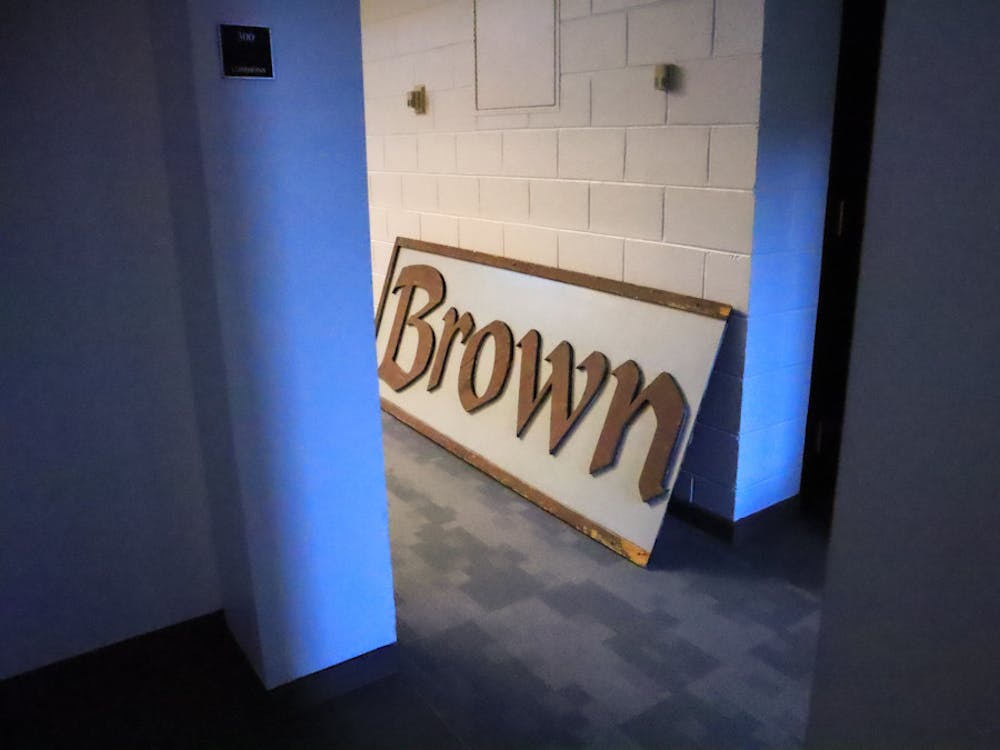As Duke attempts to move away from a “culture of selectivity,” leaders of selective living groups are tasked with maintaining their communities in the face of major student housing reforms.
Eight sororities and nine fraternities disaffiliated from the University in 2021. The organizations cited opposition with Duke’s new policies—the restriction of first-year rush and the decision to assign housing to Edens Quad for the 2021-2022 academic year—as primary reasons for their disaffiliation.
The fundamental differences between Greek life and non-Greek selective living groups present unique, confounding challenges for SLGs. As university organizations, SLGs do not have access to national funding or have the ability to disaffiliate. Following the introduction of QuadEx, the new Duke residential housing system announced in fall 2021, SLGs have to find ways to adapt while keeping their traditions alive.
“I think a lot of what Greek Life has done is [try] to maintain the vitality of their organizations,” said junior Tommy Shen, president of the SLG Cooper House. “I think a lot of SLGs kind of also feel like because we're not affiliated with a national organization and don't have national support, and we are a Duke specific thing, [that] we're kind of at the hands of Duke admin and their decisions.”
QuadEx also poses a question to SLGs—what happens to SLGs when living together is no longer part of the equation?
“The idea of uncertainty, of whether or not you're going to live with these people, definitely makes us question, ‘What is it that we want in a community, if we can't have the ability to be near each other and have that support system? Does that change?’” said junior Amr Tagel-Din, co-president of the SLG Roundtable.
Duke administration is currently working with SLG leadership to ensure that these groups have a safe transition under QuadEx.
Dean for Residence Life Deb LoBiondo led a meeting with SLG leaders on Jan. 10 to address concerns about recent changes with Carson Flynn, residence coordinator of Edens Quad, and Dani Harmston, associate dean for residence life.
“The meeting was to provide updates and reminders, to answer any questions and updates that the groups may have had, and also to talk a little bit about the intent to return—to gauge interest on whether folks are thinking about returning as an SLG for the fall,” LoBiondo said.
Nonetheless, SLG leaders are requesting more direct communication with Duke administration, as well as input into changes that affect their organizations.
“It's easy to say, ‘Oh, they should tell us sooner,’ but it's not that easy because once you tell one person, everyone knows, and I understand that,” Tagel-Din said. “But I think one thing I would really appreciate is more transparency, and at least things to expect or more guidance in terms of future possibilities.”
Shen, who is also a Duke Student Government senator, referenced the Oct. 21 discussion regarding QuadEx between campus administrators and DSG.
“In conversation with other individuals in leadership positions of different SLGs, it has definitely felt like administration is just going with one thing, and they're just kind of saying these things just to alleviate some of that pushback from students,” he said.
Nonetheless, SLG leaders acknowledge the path ahead of them and the changes that they must enact in order to maintain their organizations.
“I think it's still kind of early, so it's kind of hard to see exactly how much of an effect it's going to have on the organization as a whole. I'm hoping that we're still able to have a very strong organization [and] keep in line with these admin guidelines, but at the end of the day, we have to follow what they do, so it is going to affect us,” said senior Nehal Jain, president of the SLG Illyria.
Accessing their situations, student leaders noted that the end of first-year recruitment posed benefits for their SLGs, but also new challenges.
“Becoming immersed in the same community first semester sophomore year is great for involvement,” Tagel-Din said. “But in terms of the fact that you have to wait an entire year before living with that community—I think it does add quite a distance there. It definitely adds a layer of extra separation between older members and newer members.”
However, the presidents mentioned that it is difficult to gauge the true impacts of new policies, especially as changes occur during a COVID-19-impacted year.
“We saw numbers go down for our rush, which could be a combination of anything. It could be that maybe people in the second year are less inclined to join an organization, or that there was COVID this year,” Jain said.
Worries about how the University grapples with COVID-19 in the following years may also impact the permanency of changes to SLGs.
“I think with COVID, you can never really plan out anything, just because everything can change at the drop of a hat. And like, it is so volatile, that sometimes the best way to approach this stuff is kind of just—whatever comes our way, we'll deal with,” Shen said.
Despite the challenges, SLGs are adapting to campus policies. Working with University Center Activities and Events, an organization within Duke Student Affairs, as well as SLG leaders, LoBiondo is supporting SLGs as they navigate the path to living-learning community registration and potential relocation to their sections pre-pandemic.
Ultimately, SLGs leaders continue to strive in keeping their communities intact, even with the effects limiting their access to residential spaces.
“[The changes] force us to be more inventive with how we're able to keep our space as a positive space and a space that people want to be a part of,” Jain said.
Get The Chronicle straight to your inbox
Signup for our weekly newsletter. Cancel at any time.

Audrey Wang is a Trinity junior and editor-in-chief of The Chronicle's 119th volume.

